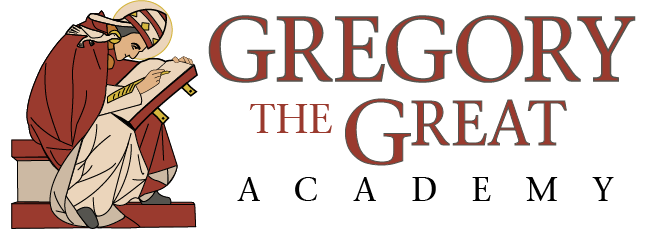Gregory the Great Academy and Don Bosco
In his treatise on education, St. John Bosco says, “There are two systems which have been in use through all ages in the education of youth: the Preventive and the Repressive.” Of these two, the Preventive method was adopted by Don Bosco and now inspires teachers at Gregory the Great Academy.

